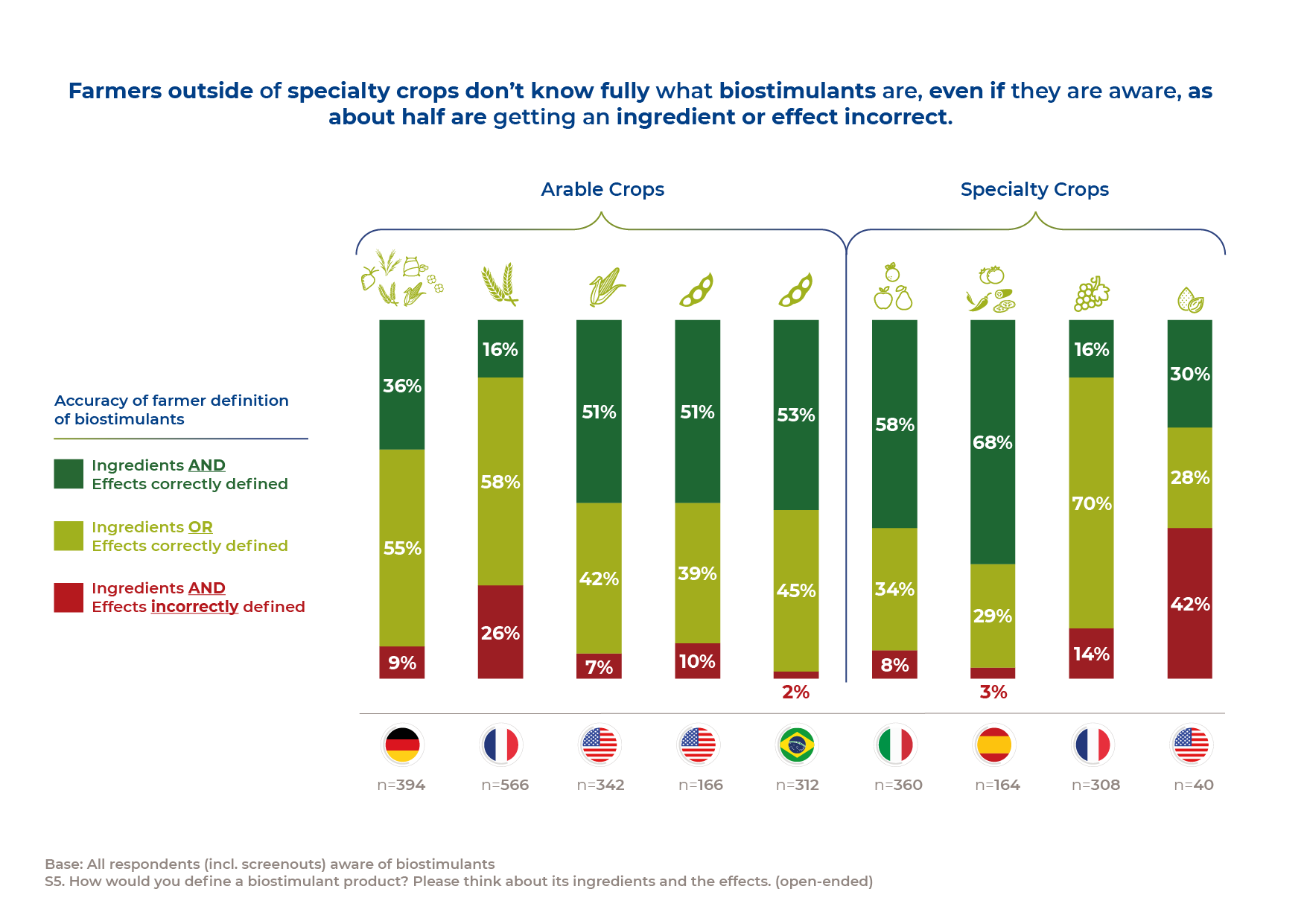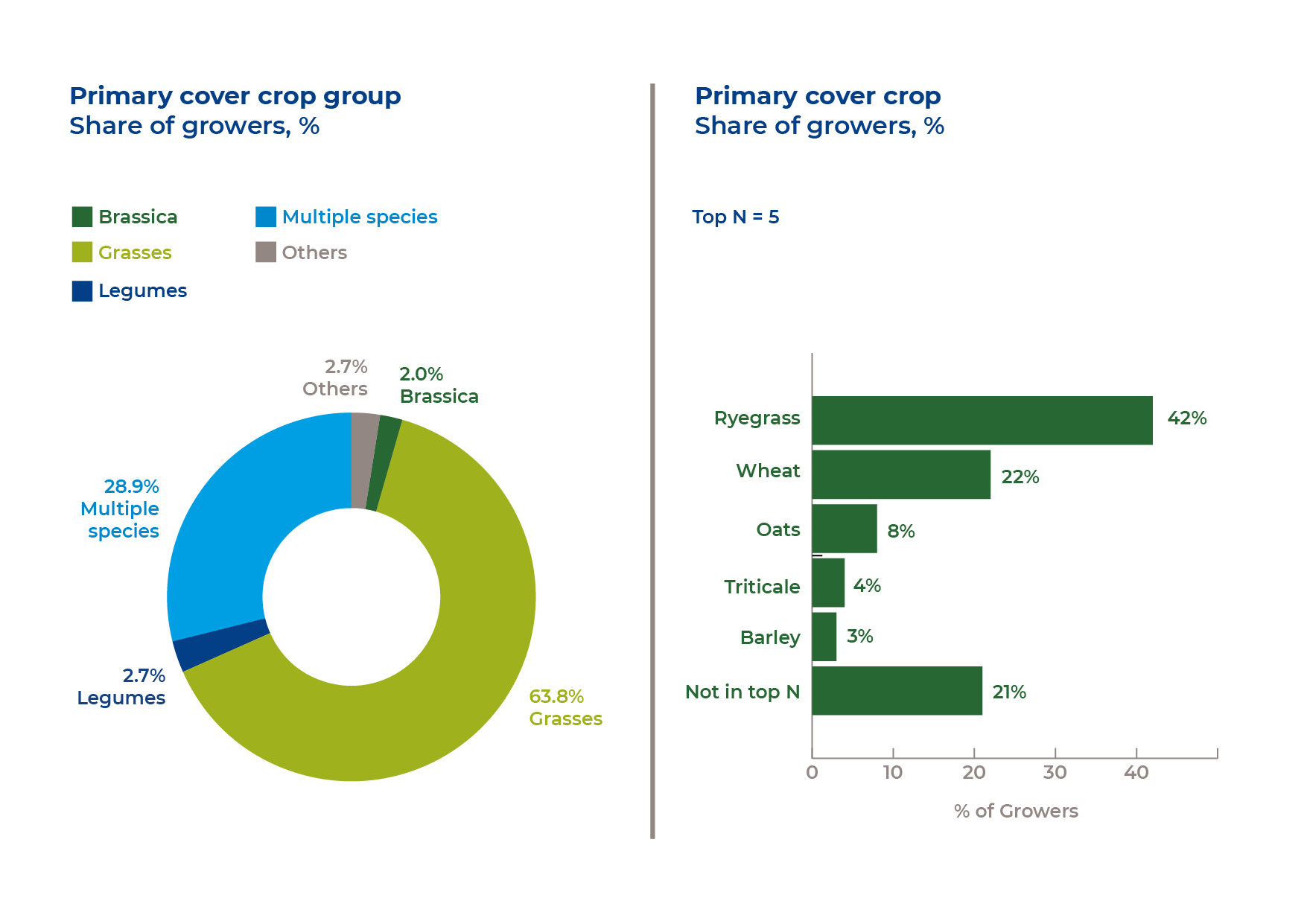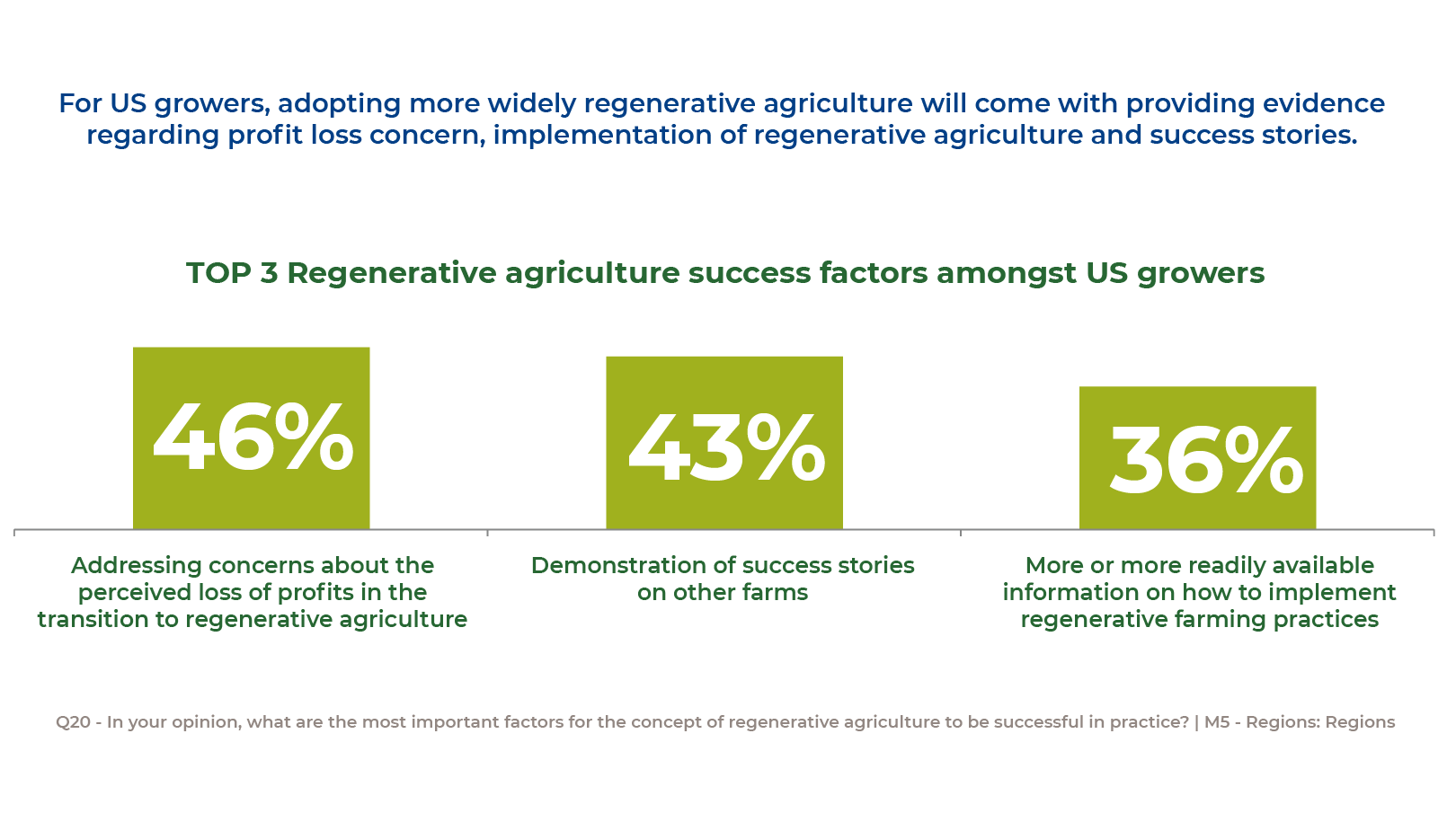This sponsored post has been published in partnership with Kynetec, the agribusiness data and insights expert.
As agtech innovation accelerates faster than ever before, companies and investors need honest, trustworthy insights on likely farmer adoption rates to best assess which tools to focus on.
The large agribusiness firms of the world conduct extensive market research before launching new products to farmers. For example, when these firms ready a product for growers — be it a new pesticide or crop seed variety — they invest in top class due diligence via agribusiness data and insights experts Kynetec.
With technology becoming more and more central to agriculture each year, and the global agriculture landscape rapidly changing, investors must start doing the same when it comes to the startups in which they invest. The result of failing to do so has been the undoing of several once promising high profile companies.
Yet for many investors, current due diligence practices are limited by not having access to data directly from farmers on concepts and products that ag tech startups are bringing to market. Through working with ag data and analytics experts such as Kynetec, investors can can better understand the needs of the farmers potentially using those products.
For example, Kynetec currently has access to over 200,000 growers, retailers and agronomists across more than 50 countries in the largest ag markets. Working with such experts, investors can improve their due diligence when dealing with agtech startups. They can also better understand farmers’ perceptions around agtech and what they believe is and is not worth spending money on.
Boosting biologicals adoption
Take, for example, the evolving biologicals sector, which includes biostimulants, biofertilizers and biopesticides.
Still nascent but growing in terms of market size, biologicals startups face multiple hurdles when it comes to gaining widespread farmer adoption.
The adoption of biopesticides varies not only by crop type but also geographically. Take the specialty crop market in Brazil where growth over the last decade has been slow, ramping from $144 million to $224 million, according to Kynetec.
Brazilian farmers have adopted biopesticides for row crops at a much greater rate than their American counterparts, with biopesticide spend in row crops growing from $172 million in 2012 to $644 million in 2022. This adoption is led by the 19% of soybean farmers and 14% of corn farmers who have adopted biopesticides into their management regime.
In 2022, biopesticide spend in row crops in the United States sits at $56 million, with only 2% of corn and soybean growers having made the jump. There are encouraging signs in the data in some key Corn Belt states, however. For example, spend in biofungicides amongst corn and soybean growers in Iowa and Illinois has grown 600% over the past two seasons from $870,000 in 2020 to $7.6 million in 2022.
Outside of this, however, many growers remain wary of biologicals, dismissing them as “snake oil” thanks to being burned in the past by dubious products.
Even when products have been shown to be efficacious, growers don’t necessarily know how to use them, which adds to their hesitation around adoption.
Kynetec’s recent poll on farmers’ understanding of biostimulants across six countries found just that. The poll found that outside of specialty crops, most farmers don’t even know what biostimulants are; those that are familiar still misunderstand ingredients and/or effects of the products.
As part of their due diligence on startups, investors must understand farmers’ concerns, to know what obstacles lie in their path to success, and how likely they are to overcome them.
Understanding the realities of regen ag
It’s a similar case with regenerative agriculture, which currently lacks a universal definition and is frequently misunderstood. As with biologicals, current adoption rates amongst farmers is low.
For example, fewer than 20% of US farmers, irrespective of farm size, are adopting cover cropping practices, according to Kynetec research. For those farmers, ryegrass (42%) and wheat (22%) dominate.
While it lacks a standard definition, regenerative agriculture typically includes practices that restore and improve soil health, cover cropping, no-till or reduced till, agroforestry, and better monitoring of inputs, to name a few.
One of the biggest reasons for low adoption rates of these practices is that they take time to implement. Farmers need more information on how to implement them as well as proof there will be no profit loss.
Proof that regenerative agriculture practices have worked in the past on other farms is also cited as one of the elements farmers look for.
Adoption of regenerative agriculture practices also vary from one country to the next, another factor investors must bear in mind when doing their due diligence.
The number of large CPG and other food companies implementing regenerative agriculture practices is growing as these entities scramble to meet and set ESG-related goals. These companies can’t afford to have lackluster tools in the hands of their farming partners, hence the need for thorough due diligence when it comes to regenerative agriculture.
The same goes for any other area of agtech. Generally, both financial margins and available time are stretched razor-thin on the farm. For an agtech tool or service to be readily adopted on-farm, it must be reliable and easy to use, and the economic benefits must be understandable and demonstrable from the outset.
The most straightforward way to do that is through careful, thorough due diligence done in partnership with ag data experts like Kynetec.
If you’re investing in developing new tools and solutions for the ag sector, email [email protected] or visit Kynetec.com to access invaluable market and farmer insights.









